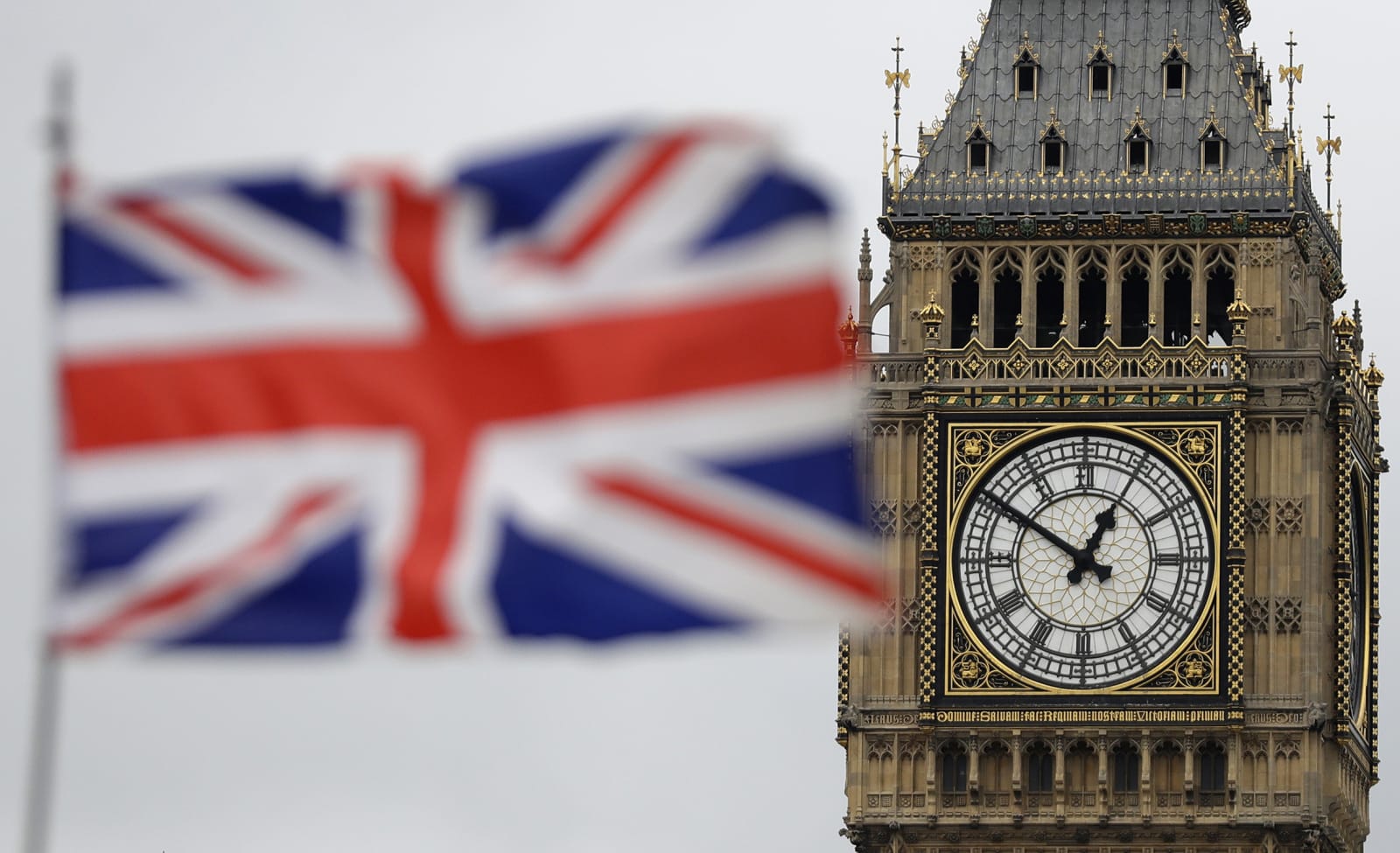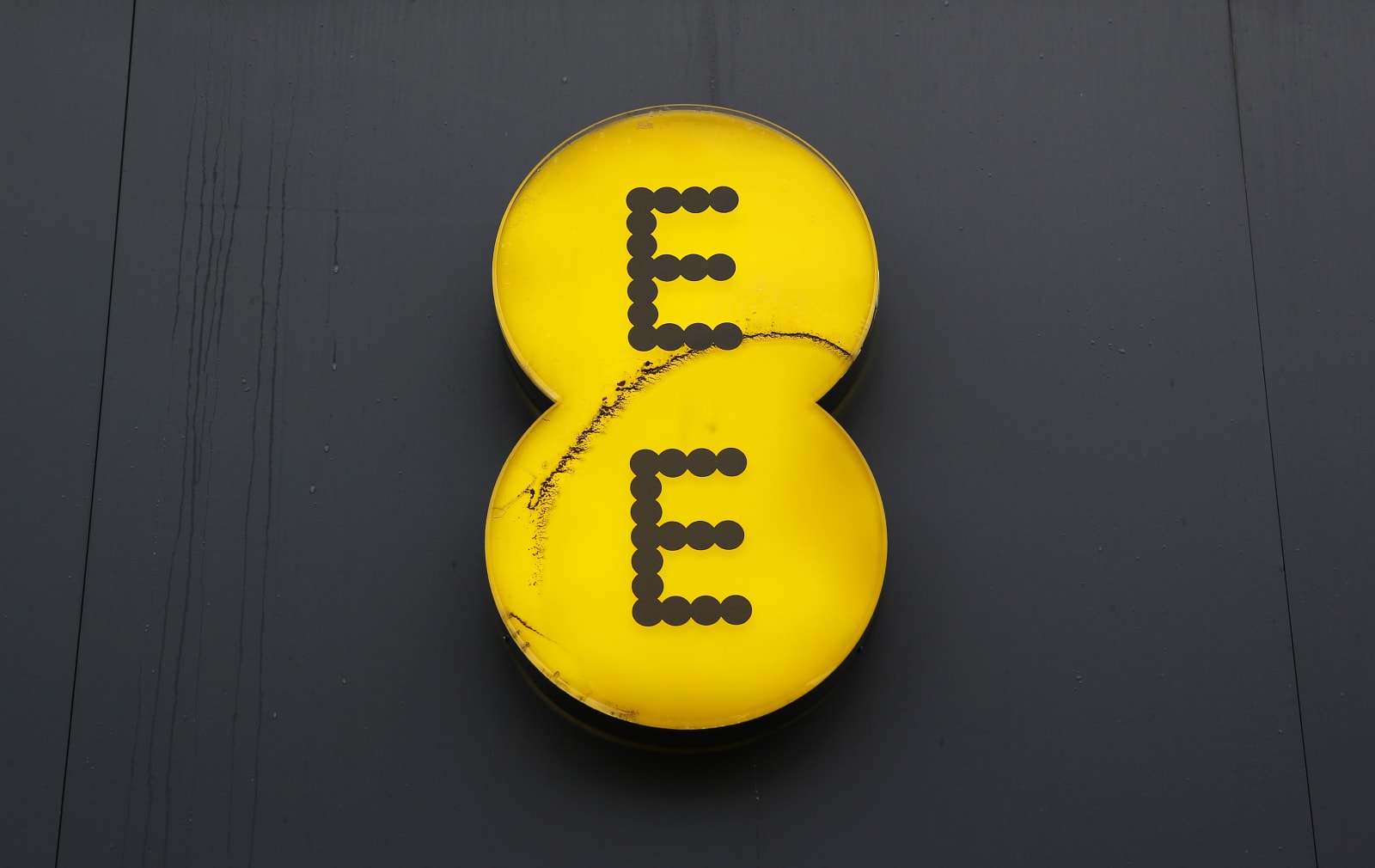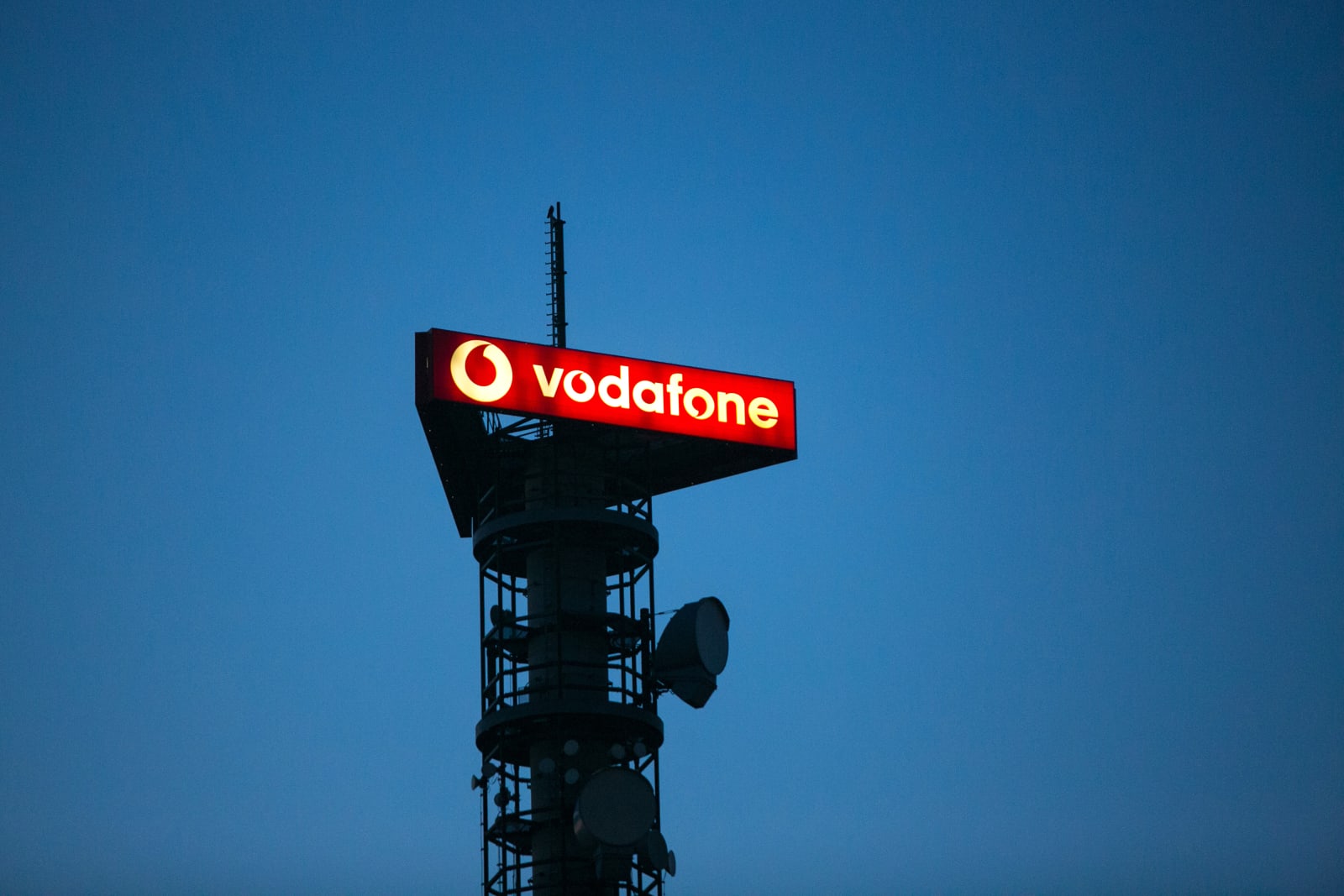Tag Archives: regulator
UK will ban mobile carriers from selling locked handsets in 2021
UK wants telecoms regulator to police social media companies
 The UK government wants to put Ofcom in charge of regulating social media. Digital secretary Nicky Morgan and home secretary Priti Patel said they were "minded" to appoint the watchdog due to its experience and "proven track record" overseeing the UK...
The UK government wants to put Ofcom in charge of regulating social media. Digital secretary Nicky Morgan and home secretary Priti Patel said they were "minded" to appoint the watchdog due to its experience and "proven track record" overseeing the UK...
The UK’s porn license plan remains a mess
 It's April in the UK, and you'd quite like to enjoy some online adult content. But before you can, you need to walk to your nearest retailer. You shuffle, hesitantly, toward the cashier, mindful of the other patrons, and mumble that you'd like to buy...
It's April in the UK, and you'd quite like to enjoy some online adult content. But before you can, you need to walk to your nearest retailer. You shuffle, hesitantly, toward the cashier, mindful of the other patrons, and mumble that you'd like to buy...
Ofcom fines EE £2.7 million for overcharging customers
 Oh dear. Ofcom has caught another mobile carrier failing in its duty to provide decent customer support. The villain this time is EE, after it overcharged more than 30,000 customers for calling its "150" service line. These subscribers had calling wh...
Oh dear. Ofcom has caught another mobile carrier failing in its duty to provide decent customer support. The villain this time is EE, after it overcharged more than 30,000 customers for calling its "150" service line. These subscribers had calling wh...
Vodafone fined £4.6m after PAYG top-up fails
 Vodafone has been slapped with a hefty £4.6 million fine after failing to process customer top-ups. UK regulator Ofcom found that 10,452 pay-as-you-go (PAYG) customers weren't given a combined £150,000 in credit between December 2013 and...
Vodafone has been slapped with a hefty £4.6 million fine after failing to process customer top-ups. UK regulator Ofcom found that 10,452 pay-as-you-go (PAYG) customers weren't given a combined £150,000 in credit between December 2013 and...
Dutch regulator says Google’s privacy policy breaks the law
Almost two years after it updated its privacy policy, Google is still facing the wrath of European watchdogs. The Dutch Data Protection Authority (DPA) has just ended a seven-month investigation into the search giant's practices and, similar to rulings in the UK and France, has deduced that Google isn't doing enough to inform users about the data it "collects and combines." The DPA accuses Google of spinning an "invisible web of our personal data without our consent" with its Search, Gmail and YouTube services, which it states in no uncertain terms "is forbidden by law." It's another knock for Google, which has found itself under investigation by a total of six European privacy authorities after French privacy regulator CNIL initiated action on their behalf last year. Google has said that it "respects European law," but its commitment will be tested at the Dutch DPA's upcoming hearing, after which the authority will decide it wants to take "enforcement measures" against the company.
Via: Techie News
Source: Dutch DPA
French regulator moving forward with Verizon / AT&T interconnection investigation
When you think about it, does anyone really know what's going on behind the scenes of the internet? While you're attempting to figure out how "42" is the obvious answer to that, French regulator ARCEP is moving ahead with an investigation into Verizon and AT&T. Specifically, the two have failed in an attempt to block the aforesaid entity from investigating interconnection agreements.
For those unaware, these types of deals are widely viewed as being able to undermine net neutrality, and we've seen the FCC look into similar matters here in the United States. The long and short of it is as follows: with high-bandwidth services growing rapidly, ISPs far and wide are contemplating the move to extract additional revenue out of backbone providers by charging them to deliver heavy traffic to end users. It'll be interesting to see what ARCEP digs up -- something tells us the findings will be known well beyond the borders of France.
Filed under: Internet, Verizon, AT&T
Via: GigaOM
Source: ARCEP
EU antitrust commission charges Microsoft over browser selection ‘breach’
European regulators have charged Microsoft for not giving Windows 7 users a choice of internet browsers when they install the OS. Although this is only an initial step towards a fine for the software maker, Microsoft agreed with the European Commission to offer browser choices to its Windows users over three years ago, avoiding a heavy antitrust penalty. Unfortunately, while Microsoft acknowledged the "technical error", this wasn't before the European Commission picked up the issue -- the EU's antitrust watchdog said in July that Microsoft had not complied with the order from February 2011. According to a Reuters report earlier this year, and echoed in the EU's statement below, the fine could amount to as much as 10 percent of the Redmond company's global turnover.
Update: Microsoft has issued a statement on the EU charge, received by The Verge.
"We take this matter very seriously and moved quickly to address this problem as soon as we became aware of it. Although this was the result of a technical error, we take responsibility for what happened, and we are strengthening our internal procedures to help ensure something like this cannot happen again. We sincerely apologize for this mistake and will continue to cooperate fully with the Commission."
Continue reading EU antitrust commission charges Microsoft over browser selection 'breach'
Filed under: Desktops, Laptops, Internet, Software, Microsoft
EU antitrust commission charges Microsoft over browser selection 'breach' originally appeared on Engadget on Wed, 24 Oct 2012 06:27:00 EDT. Please see our terms for use of feeds.
Permalink | Europa (EU) | Email this | Comments
Europa (EU) | Email this | Comments Aussie regulator raps TV makers for touting ‘WiFi ready’ products
Sony, LG, Panasonic, Samsung and Sharp will no longer be marketing their TVs and Blu-Ray players as "WiFi ready" in Australia unless they're actually ready to connect to a WiFi network. Many products labeled as such often require the additional purchase of a $100-$120 AUD ($80-$100) dongle, and the ACCC, the country's US FTC doppelgänger, has ordered the makers to stop the practice. It all started when a customer complained to the watchdog after feeling burned when his "WiFi ready" TV... wasn't. The fact that similar terms were being used on products that actually have built-in adapters was another strike against the practice, according to the regulator from down under. However, if you happen to reside somewhere else in the world, it's caveat emptor, as usual.
Filed under: Home Entertainment
Aussie regulator raps TV makers for touting 'WiFi ready' products originally appeared on Engadget on Fri, 03 Aug 2012 08:01:00 EDT. Please see our terms for use of feeds.
Permalink TechEye |
TechEye |  Sydney Morning Herald | Email this | Comments
Sydney Morning Herald | Email this | Comments 


